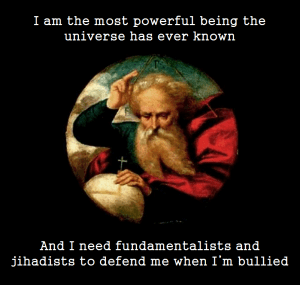This is the third in a series of posts reflecting on Richard Beck’s The Slavery of Death In the first half of the book, Beck paints a bit of a dire picture regarding our existential state as human beings. We are prone to be slaves to the fear of death. Aware of our mortality and of the inevitability of our demise, we erect structures and systems (and more broadly, what we call ‘culture’) to fend off death, both by attempting... Read more















